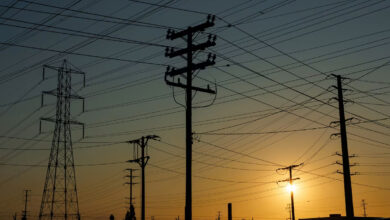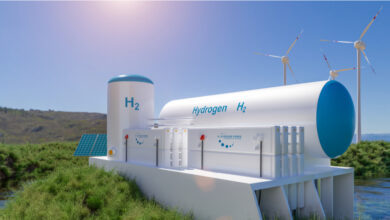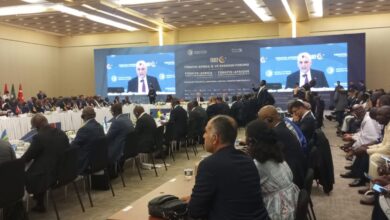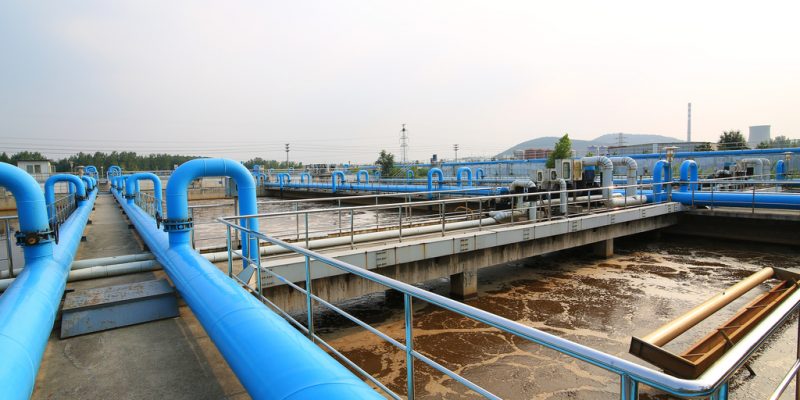OSLO – UN chief Ban Ki-moon, who himself studied by candlelight as a child, pleaded on Monday for universal access to clean energy, a privilege denied to more than half the world's population.
"We need an energy revolution," Ban said at an energy conference in Oslo.
"We need energy not only to be universal, we need it to be clean and sustainable as well," he added.
Improving access to energy is key to addressing global challenges like poverty, climate change, water scarcity, deficient health care and food shortages, Ban said.
About 1.3 billion of the world's seven billion people have no access to energy, while another 2.7 billion are without clean cooking facilities, using coal and wood for domestic tasks, according to a study published Monday by the International Energy Agency (IEA).
"For me, this is anything but academic. It is how I grew up in Korea. I studied by candlelight. Refrigerators, air-conditioning or a simple fan were just a far-off luxury that didn't touch our lives," Ban, 67, said.
"When I was growing up, Korea had to go through the Korean war and abject poverty," he said.
The Oslo conference, organized by Norway and the IEA and attended by representatives of more than 70 countries, is looking at ways to finance clean energy for people in developing countries.
The UN has set three goals to be achieved by 2030, Ban recalled: universal access to modern energy services, a 40 percent improvement in energy efficiency, and a doubling of renewable energy.
The IEA study shows that US$48 billion would be needed per year to guarantee universal access to modern energy services by 2030, or a little more than five times the amount currently earmarked.
"This is really a small amount," IEA chief economist Fatih Birol said, adding: "It is only three percent of global energy investments."
Birol said the use of dirty fuels for cooking is the second-leading cause of premature death behind AIDS, responsible for killing 1.5 million women and children each year.
"If you don't find a solution to this problem, very soon it will be the primary source of premature death worldwide … which is unacceptable," he said.
Financially feasible, universal access to energy would only lead to a 1.1 percent rise in global energy demand, since poor households would still be limited in their consumption, and a 0.7 percent rise in greenhouse gas emissions, according to the IEA.
"The implications are very small. There are no real tensions between the targets of providing energy access and the issues of energy security and climate change," Birol concluded.




